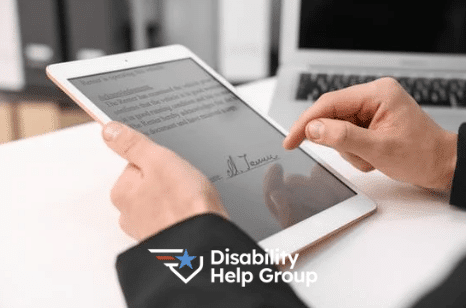Are There SSD Benefits Available for Asperger’s Syndrome?
Like most other conditions, Asperger’s syndrome varies in severity and specifics. So, not everyone who is diagnosed with Asperger’s qualifies for Social Security disability (SSD). However, Asperger’s syndrome is listed in the Social Security Blue Book, Those who meet the listing criteria may receive SSD. And, some people who don’t meet the listing criteria but have other medical complications and conditions may also qualify.
The best way to find out whether you may have a valid claim for SSD benefits is to talk to an experienced Social Security disability benefits advocate.
What is Asperger’s Syndrome?
Asperger’s syndrome is no longer an official medical diagnosis. Instead, people who meet the criteria for what was previously described as Asperger’s are diagnosed with Level 1 Autism. However, many people still refer to the condition as Asperger’s syndrome.
People diagnosed with Level 1 Autism may:
- Have difficulty with transitions
- Be rigid or inflexible in their behavior
- Have difficulty understanding social norms or reading social cues
How seriously these symptoms impact one’s ability to engage in substantial gainful activity (SGA) depends on the exact nature and severity of the symptoms.
Asperger’s Syndrome in the Social Security Blue Book
Applicants claiming SSD benefits for Asperger’s syndrome are evaluated under section 12.10 of the Blue Book, which sets forth the criteria for all autism spectrum disorders.
To qualify for SSD benefits under the listing, the applicant must have medical documentation of:
- Qualitative deficits in verbal communication, nonverbal communication and social interaction AND
- Significantly restricted, repetitive patterns of behavior, interests or activities
In addition to the above requirements, the applicant must show extreme limitation of one or marked limitation of two of the following:
- The ability to understand, remember or apply information
- The ability to interact with others
- The ability to concentrate, persist or maintain pace
- The ability to adapt or manage themself
An applicant who doesn’t meet all of the criteria in the listing isn’t necessarily disqualified. For example, an applicant with Asperger’s syndrome who also suffers from a physical disability or a mental health condition such as anxiety or depression may qualify under the alternative, more holistic assessment.
Talk to an SSD Benefits Advocate Today
The SSD application and appeals processes can be daunting and confusing, particularly if you have a medical condition that may create additional obstacles. The advocates at Disability Help Group have developed deep knowledge of the processes and the type of evidence required so you don’t have to. To learn more about how we can help, call 800-800-3332 today, or fill out our contact form here.







